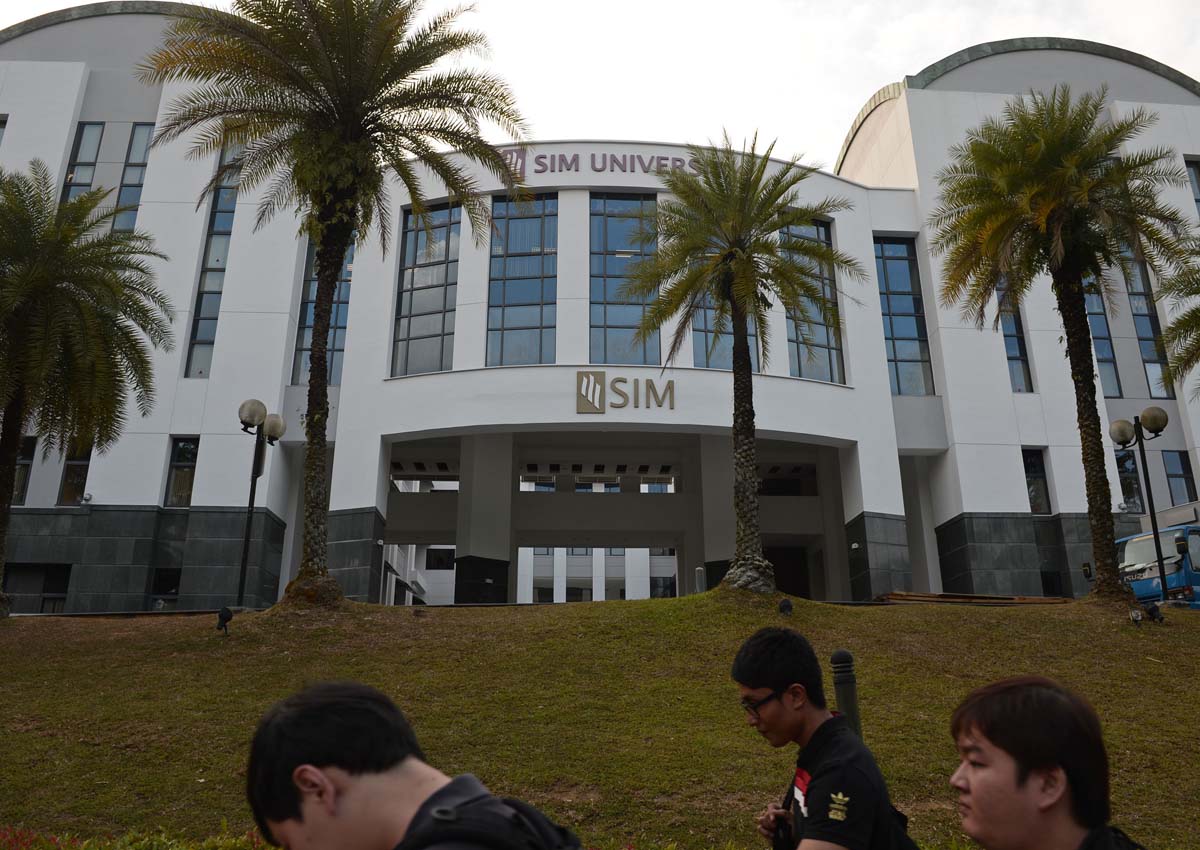Family and criminal lawyers – a sector of Singapore’s law scene that has been plagued by falling numbers – may soon get some much-needed help.
With a curriculum tilted towards community law, a focus on practical training and a rigorous selection process – Singapore’s third law school is quietly confident that its 60 students will take up family and criminal law once they graduate from 2020.
Young graduates have traditionally shunned family and criminal law, perceiving them to be harder work and less lucrative than other areas such as arbitration.
But even though graduates of SIM University’s (UniSIM) Bachelor of Laws and Juris Doctor programme – which start in January – will be able to go into any field of practice, the school is confident its students will stay the course.
SIM University (UniSIM) law school dean Leslie Chew told The Straits Times: “We cannot guarantee that they will go into family and criminal law but I’m confident that the way we select and train them will push them in that direction.”
While they will study core subjects such as contract and torts, students will spend the entire second year on criminal and family law modules.
They will also take two non-law modules in forensic science and social services.
At National University of Singapore and Singapore Management University, criminal law is compulsory but family law is optional.
UniSIM will also emphasise practical training with six months set aside for a work stint, said Prof Chew.
“You’re not sitting there to write the best essays – someone is sitting in front of you asking for real-life advice.”
These are all backed by a selection process that puts aspiration and background ahead of paper grades.
Nearly all the 388 applicants were each interviewed by a panel of four: an academic from the law school, a criminal lawyer, a family lawyer and a community representative.
There were 62 panellists, including Speaker of Parliament Halimah Yacob and former Chief Judge of the State Courts Richard Magnus.
P.E. Ashokan, partner in litigation and dispute resolution at Withers KhattarWong, one of the interviewers, gave his vote to “candidates with real life experiences, like going through a divorce, or having closely witnessed friends and family going through it or having brushes with criminal law”.
Lawyers in these fields hope the students eschew the glam and higher pay of corporate law to fill an important need.
Charlotte Lee, 42, who found pro-bono legal help during a divorce, hopes to “pay it forward” by being a family lawyer. She now trains volunteers and will start the JD law course next year.
About 80 per cent of UniSIM’s first law cohort have worked on average for 11 years. Only a fifth are fresh school-leavers.
ateng@sph.com.sg

Get MyPaper for more stories.






